Rabbit farming has taken off in Israel, becoming one of the leading protein sources for many households. This is partly due to the country’s strict animal welfare laws that ensure the well-being and safety of rabbits, which have been bred for meat and fur over the years.
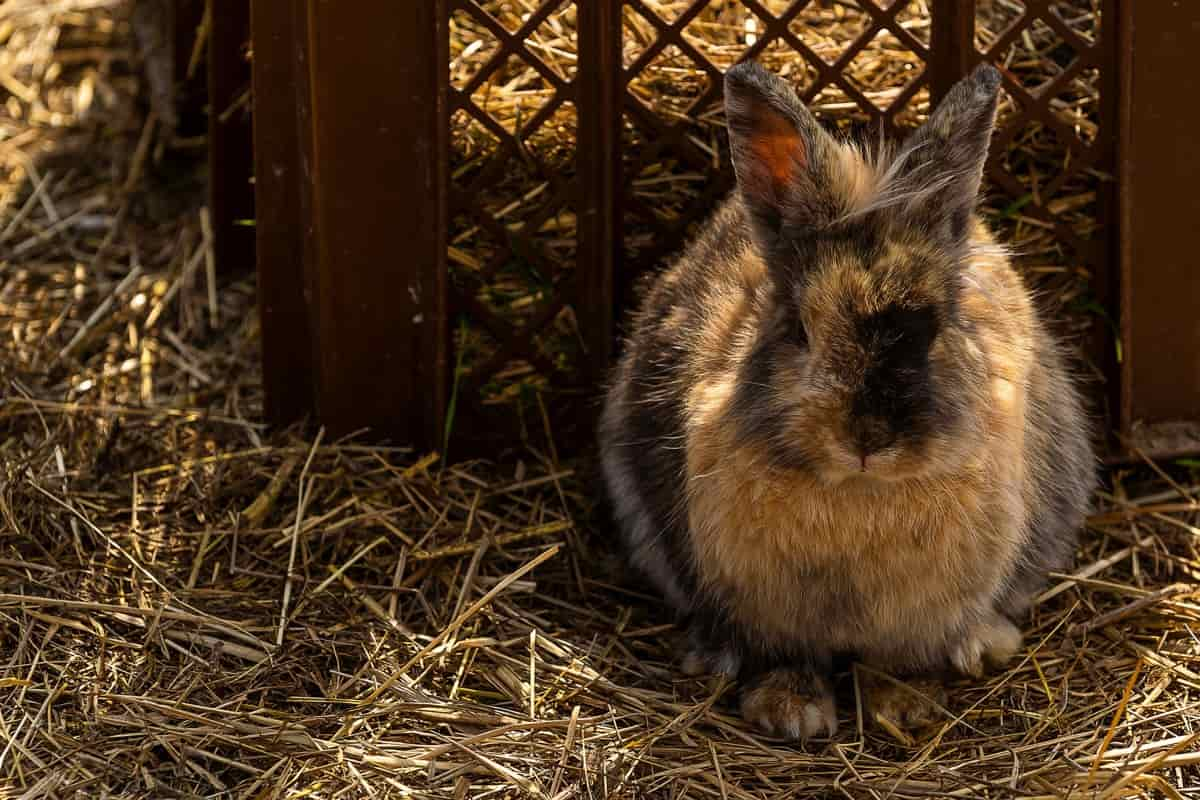
How to start rabbit farming in Israel
What is rabbit farming?
Rabbit farming has been a popular method of livestock husbandry in Israel for many years. The climate and terrain of the country are well-suited for raising rabbits, and the animals are relatively easy to care for. In addition, rabbit meat is a healthy, lean source of protein, and rabbits can be bred for their fur.
Rabbit farming usually involves raising rabbits in hutches or cages outdoors. The rabbits are fed a diet of hay, pellets, vegetables, and water. They are typically allowed to roam free during the day but must be confined at night to protect themselves from predators.
The benefits of rabbit farming
- Rabbit farming has many benefits. It is a low-maintenance, efficient way to produce meat and fur. Rabbit farming requires little land, making it ideal for small farmers. Rabbits are also relatively easy to care for, and their manure is an excellent fertilizer.
- In addition to being a sustainable and efficient form of agriculture, rabbit farming also provides a good source of income. Rabbit meat is in demand, and the sale of pellets can be a significant source of revenue. As a result, rabbit farming can be a viable business for small farmers looking to supplement their income or even make a living.
In case you missed it: How to Start Hydroponic Farming in Israel: Business Plan, Key Rules, Start-up Cost, and Profit
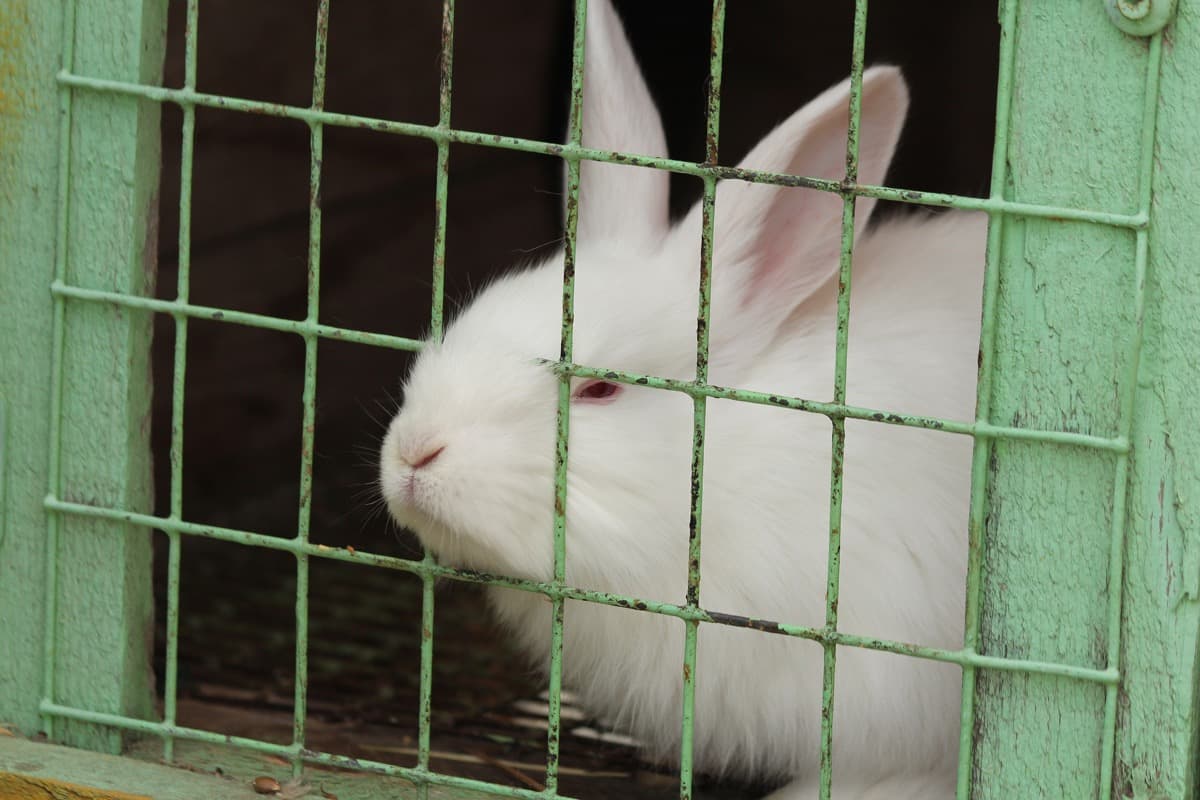
How to start your rabbit farm in Israel?
- Choose the right breed of rabbit – There are many different breeds of rabbits, each with its unique characteristics. For example, some breeds are better suited for meat production, while others are better for wool production. Do some research to find the right breed for your purposes.
- Get the proper equipment – Rabbit hutches, feeders, and waterers are available at most farm supply stores. You’ll also need hay, straw, or other bedding material for your rabbits to nest in.
- Build a good foundation for your business – Before you start breeding rabbits, it’s important to have a business plan. This will help you determine how many rabbits you need to purchase, what you’ll charge for their offspring, and how you’ll market your farm products.
Rabbit farming importance in Israel
Firstly, rabbits are a major food source for humans and animals. In addition, rabbit farming employs many Israelis, and the industry contributes significantly to the country’s economy. Finally, rabbit farming is an environmentally friendly way to produce food, as rabbits require less land and water than other livestock animals.
Requirements for Rabbit farming in Israel
- A minimum of 2 acres of land is required for farming.
- The climate should be suitable for rabbits.
- Rabbits must have access to food and water.
- They should also have access to shelter from the sun and rain.
Small-scale rabbit farming in Israel
Rabbit farming in Israel is a relatively new industry, but it is already having a significant impact on the country’s economy. Rabbit meat is a healthy and delicious alternative to other meats and is gaining popularity among Israelis. There are many advantages to small-scale rabbit farming in Israel. Rabbits are easy to care for and require very little space. They reproduce quickly so that farmers can produce many rabbits with minimal investment. Rabbit meat is also very lean and healthy, making it a good choice for people looking for a nutritious meal.
In addition to being a healthy food option, rabbit farming is also environmentally friendly. Rabbits have a small carbon footprint and do not contribute to deforestation or soil erosion. Their manure is also an excellent fertilizer for crops. Rabbit farming in Israel provides an important source of income for many families. It is also helping to improve the country’s food security and environmental sustainability.
In case you missed it: How to Start Sheep Farming in Israel: Business Plan, Key Rules, Breeds, Cost, Profit, and Management
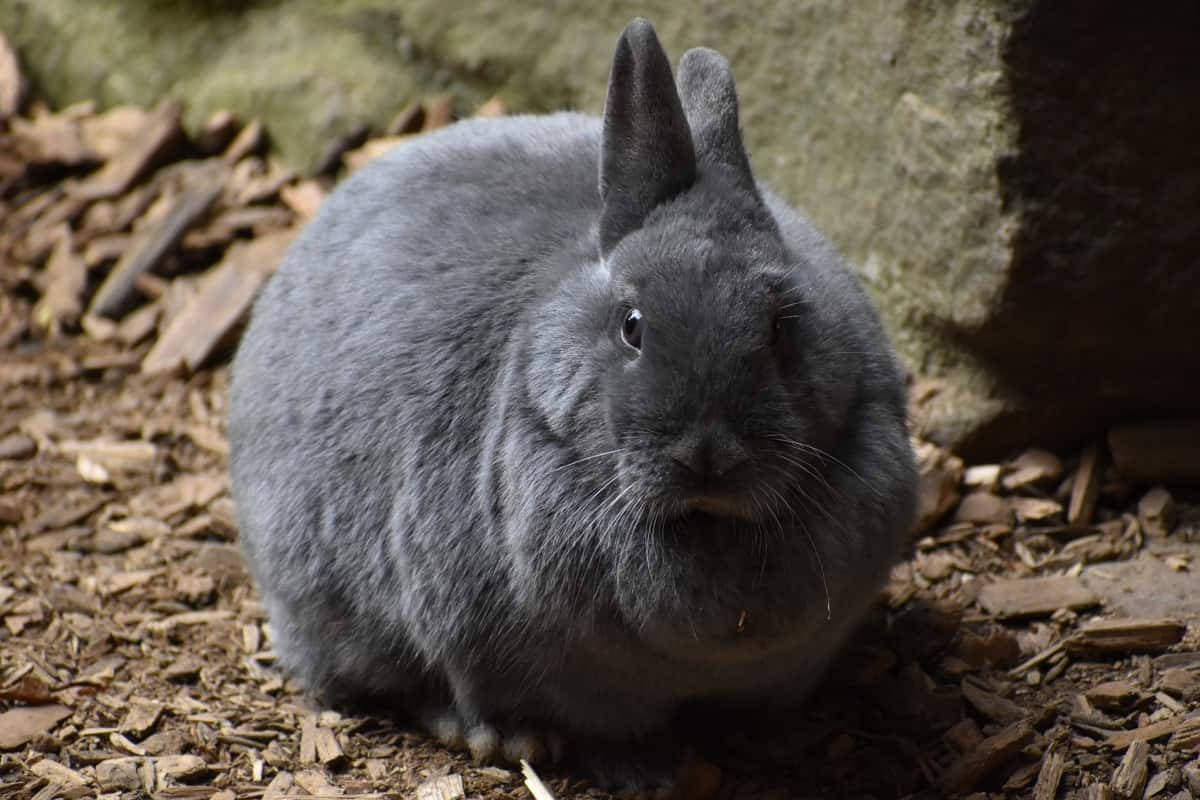
The breeds of rabbits farmed in Israel
There are many different breeds of rabbits farmed in Israel. The most common are the New Zealand White, Californians, Flemish Giants, California Black, and Florida White. Other popular breeds include the Netherlands Dwarf, Standard Chinchilla, and Himalayan.
Why rabbit farming is a viable industry in Israel?
Rabbit farming can be a viable industry in Israel, where the climate is hot and dry for much of the year. Rabbits are relatively easy to care for and require less water than other animals, making them well-suited to the conditions in Israel. There is also a strong demand for rabbit meat in Israel.
In addition, many Israelis consider rabbits a delicacy, and there is a ready market for farmers who can produce quality rabbits. Rabbit farming can be profitable for farmers willing to do the necessary work. In addition, with careful planning and management, rabbit farms can provide a steady income for those who enter this business.
Rabbit farming states in Israel
Rabbit farming has been a part of Israeli agriculture for many years. The hot, dry climate of Israel is well suited for raising rabbits. There are several commercial rabbit farms in Israel. The biggest rabbit farm in Israel is located in the Negev desert. This farm produces over two hundred thousand rabbits per year.
Steps to start a rabbit farming business plan in Israel
- Choose a suitable location for your rabbit farm. The climate in Israel is conducive to raising rabbits, so any location with access to fresh air and plenty of sunshine will be ideal.
- Acquire the necessary equipment and supplies. You will need cages or hutches, feeders, water bottles, and other items specific to rabbit care.
- Purchase healthy rabbits from a reputable breeder. Be sure to select a breed that is well-suited to the climate and conditions in Israel.
- Once a location has been selected, the next key point is to obtain the necessary permits and licenses from the Israeli government. Again, this can be a complex process, so it is advisable to seek professional help.
- After the legalities have been sorted out, the next step is to build appropriate housing for the rabbits. They will need space to move around and plenty of fresh air, so the housing should be well-ventilated. In addition, it is important to ensure that the housing is predator-proof, as rabbits are vulnerable to attack from foxes and other wild animals.
- Quarantine new rabbits for at least two weeks before integrating them into your population. This will help prevent the spread of disease.
- Provide your rabbits with a nutritious diet. A good diet is essential to keeping your rabbits healthy and productive.
- Keep your rabbit housing clean and well-maintained. Regular cleaning will help reduce disease risk and keep your rabbits comfortable.
- Inspect your rabbits daily for signs of illness or injury. Prompt treatment can save a sick or injured rabbit’s life.
In case you missed it: How to Start Greenhouse Farming in Israel: Business Plan, Key Rules, Cost, Profit, and Management
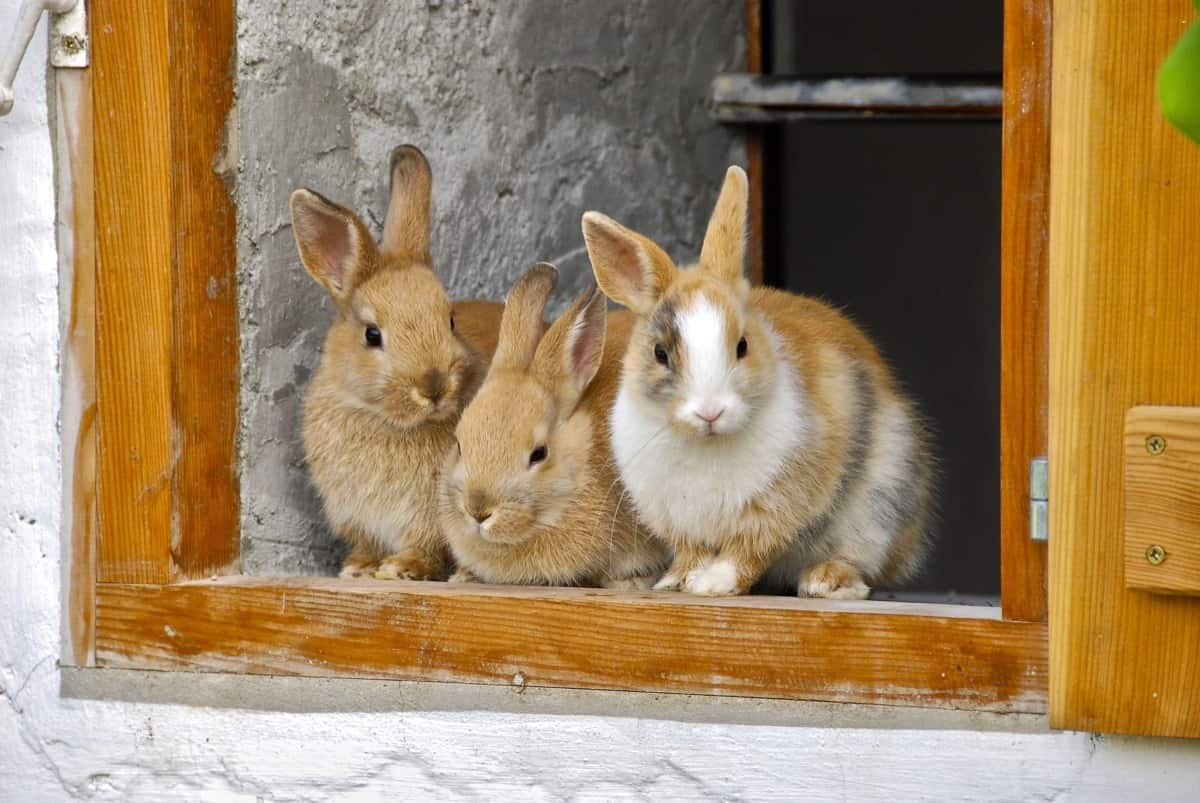
Tips on raising rabbits in Israel
- The climate is generally hot and dry, so it is important to provide plenty of water for your rabbits.
- Rabbits also like to burrow, so make sure their enclosure has plenty of room for them to do so.
- Lastly, rabbits are social creatures, so they should be kept in pairs or groups. By following these tips, you can raise rabbits successfully in Israel.
Key rules to start rabbit farming in Israel
- Start with a small number of rabbits and gradually increase the size of your herd.
- Choose a suitable location for your farm with access to fresh water and pasture.
- Build a fence around the farm to keep predators out and provide shelter for the rabbits.
- Breed healthy rabbits and cull any sick or with genetic defects.
- Raise the rabbits in clean conditions and provide them with plenty of food and water.
- Slaughter the rabbits humanely when they reach butchering age and sell the meat to customers.
Is rabbit farming profitable in Israel
There are several factors for determining if rabbit farming is profitable in Israel. The cost of land, labor, and feed are all important considerations. Additionally, the market for rabbits in Israel must be taken into account. Rabbit farming can be profitable in Israel if the proper research is done and all costs are considered. With a large enough market for rabbits, farmers can profit by selling their rabbits to slaughterhouses or directly to consumers.
Care and management of rabbit farm in Israel
- The climate in Israel is well-suited for raising rabbits. The main predators of rabbits are foxes and wild cats. These animals are not a problem in Israel.
- The diet of a rabbit farm in Israel consists mostly of hay, fresh vegetables, and water. Most farmers supplement the diet with commercial pellet feed.
- Rabbits need to be vaccinated against myxomatosis and rabbit hemorrhagic disease. Myxomatosis is a fatal disease that is spread by fleas and mosquitoes. Rabbit hemorrhagic disease is a deadly virus that affects the liver and kidneys.
- The Ministry of Agriculture regulates rabbit farming in Israel. Farmers must have a license to operate a rabbit farm. The Ministry of Agriculture regularly inspects rabbit farms to meet all the required standards.
Housing for commercial rabbit farming in Israel
Many different housing types can be used for commercial rabbit farming in Israel. The cage system is the most common type of housing, consisting of rows of cages stacked on each other. The cages can be made from various materials, but the most common type is wire mesh. Another type of housing that is sometimes used is the hutch system. This system consists of a series of hutches placed next to each other. The hutches can be made from various materials, but they are typically made from wood.
The final type of housing that is sometimes used is the pen system. This system consists of a series of pens placed next to each other. The pens can be made from various materials, but they are typically made from wood or metal. No matter what type of housing you use, it is essential that it is clean and well-ventilated. Rabbit farms in Israel typically have one person responsible for cleaning and maintaining the housing systems. This person is known as the farm manager.
In case you missed it: How to Start Fish farming in Israel: Business Plan, Key Rules, Cost, Profit, and Management
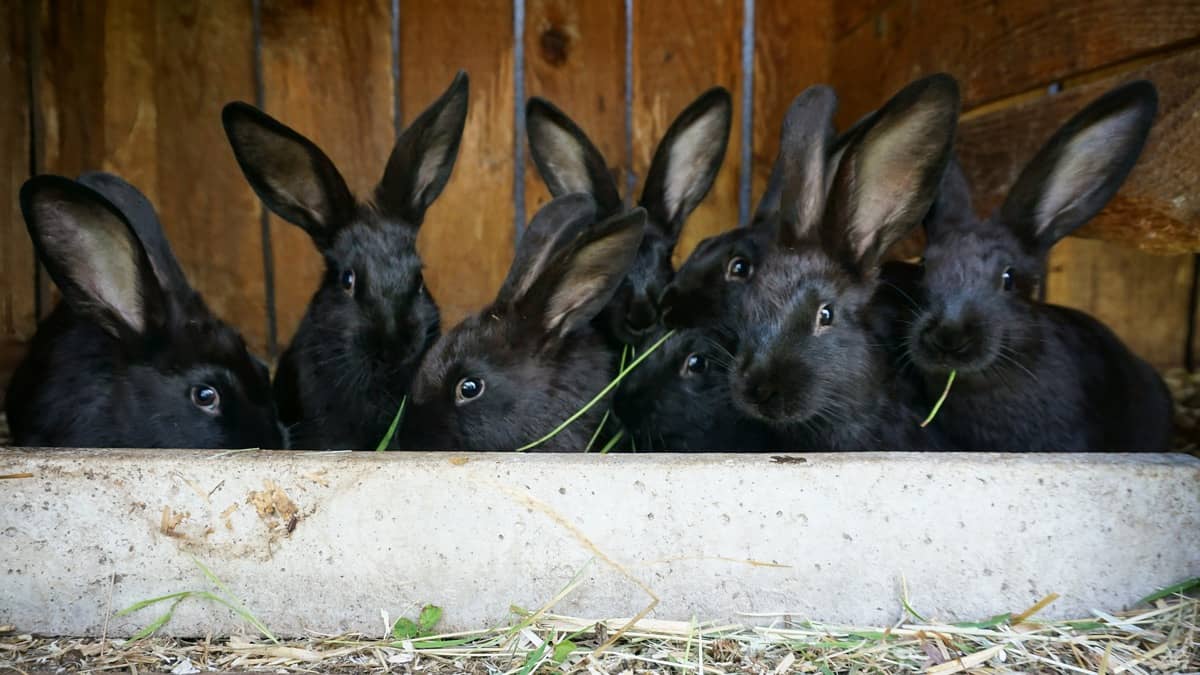
Rabbit farming loans and subsidies in Israel
The Israeli government offers a variety of loans and subsidies to encourage rabbit farming. Loans are available for up to 80% of the cost of setting up a farm, and interest rates are subsidized. The government also provides grants for research and development in the rabbit industry.
Rabbit farming problems in Israel
One of the main problems with rabbit farming in Israel is the amount of water used. Rabbit farms require a lot of water to keep the rabbits healthy and hydrated. This can lead to water shortages in areas where rabbit farms are located. Another problem with rabbit farming in Israel is its impact on the local environment. Rabbit manure is high in phosphorus and nitrogen, which can leach into groundwater and damage delicate ecosystems.
Rabbit farms can also create dust storms, adversely affecting air quality. Rabbits are often kept in cramped conditions and cannot access adequate food or water. They may also be subject to physical abuse by farm workers.
Rabbit farming challenges in Israel
Rabbit farming in Israel can be a challenge due to the hot, arid climate. Rabbits are better suited to cooler climates and will suffer in the heat. This can lead to lower birth and mortality rates and decreased milk production. The other main challenge is finding enough water for the rabbits. Rabbits need to drink lots of water, especially in the hot summer. This can be the main problem if you don’t have access to a reliable water source. If you’re considering rabbit farming in Israel, research these challenges and make sure you’re prepared to overcome them.
In case you missed it: How to Start Goat Farming in Israel: Key Rules, Business Plan, Breeds, Cost, Profit, and Management
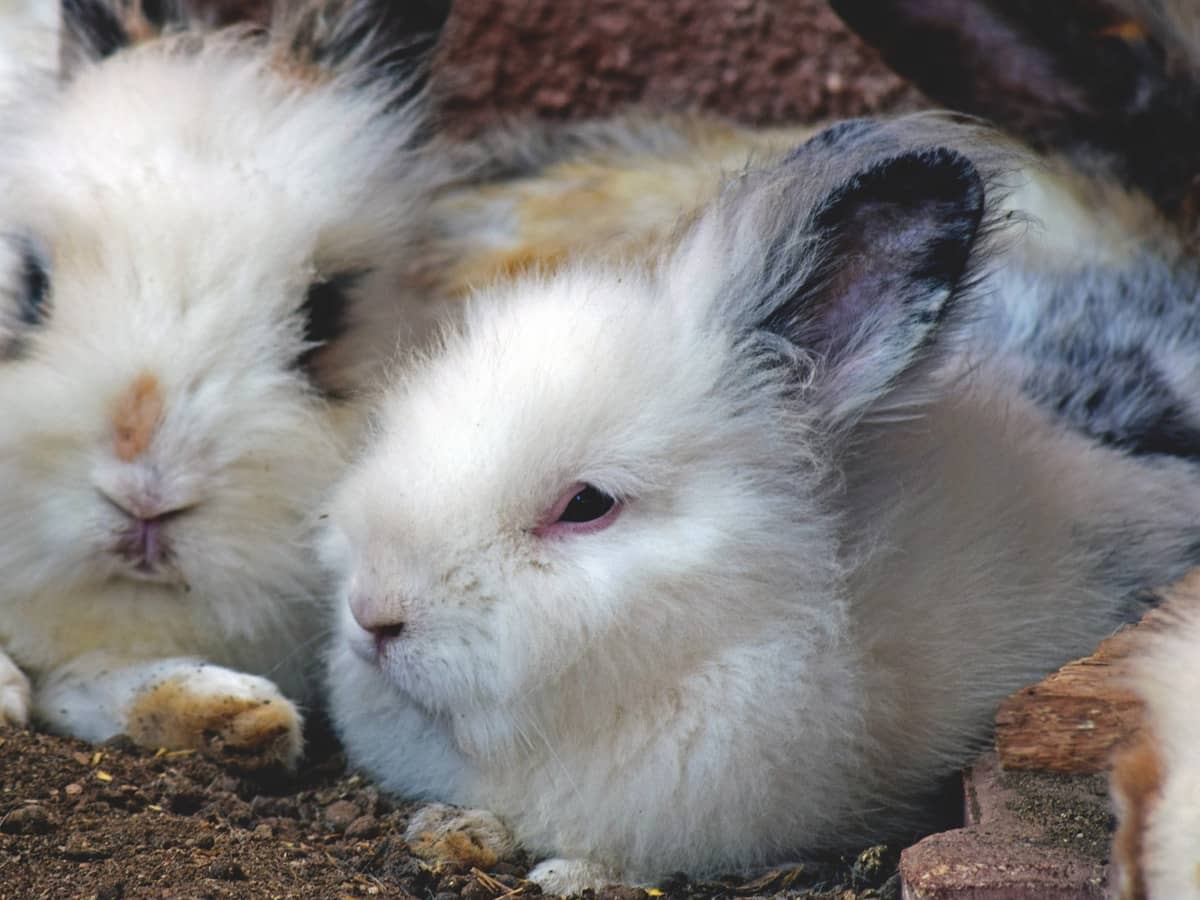
Cost of starting a rabbit farm in Israel
If you’re considering starting a rabbit farm in Israel, you’ll need to factor in the cost of land, housing, equipment, and rabbits. The cost of a rabbit farm will vary depending on the location, in the range of $4,700 to $7,350 to get a small rabbit farm up and running in Israel.
Conclusion
Rabbit farming in Israel is a rapidly growing industry that provides many farmers with a successful business venture. Rabbit farming can be profitable, especially if done on a large scale. However, it is important to research the market before getting started, as there is significant competition from other animal protein sources.
- Types of Pesticides Used in Agriculture: A Beginner’s Guide
- Economical Aquaculture: A Guide to Low-Budget Fish Farming
- 15 Common Planting Errors That Can Doom Your Fruit Trees
- How to Make Houseplants Bushy: Effective Tips and Ideas
- Innovative Strategies for Boosting Coconut Pollination and Yield
- Pollination Strategies for Maximum Pumpkin Yield
- The Complete Guide to Chicken Fattening: Strategies for Maximum Growth
- Natural Solutions for Tulip Problems: 100% Effective Remedies for Leaf and Bulb-Related Issues
- Revolutionizing Citrus Preservation: Towards a Healthier, Greener Future
- Natural Solutions for Peony Leaf and Flower Problems: 100% Effective Remedies
- Maximizing Profits with Avocado Contract Farming in India: A Comprehensive Guide
- Natural Solutions for Hydrangea Problems: 100% Effective Remedies for Leaf and Flowers
- The Ultimate Guide to Choosing the Perfect Foliage Friend: Bringing Life Indoors
- From Sunlight to Sustainability: 15 Ways to Use Solar Technology in Agriculture
- The Ultimate Guide to Dong Tao Chicken: Exploring from History to Raising
- The Eco-Friendly Makeover: How to Convert Your Unused Swimming Pool into a Fish Pond
- Mastering the Art of Delaware Chicken Farming: Essentials for Healthy Backyard Flocks
- 20 Best Homemade Fertilizers for Money Plant: DIY Recipes and Application Methods
- How to Craft a Comprehensive Free-Range Chicken Farming Business Plan
- Brighten Your Flock: Raising Easter Egger Chickens for Beauty and Bounty
- How to Optimize Your Poultry Egg Farm Business Plan with These Strategies
- Subsidy for Spirulina Cultivation: How Indian Government Schemes Encouraging Spirulina Farmers
- Ultimate Guide to Raising Dominique Chickens: Breeding, Feeding, Egg-Production, and Care
- Mastering the Art of Raising Jersey Giant Chickens: Care, Feeding, and More
- Ultimate Guide to Raising Legbar Chickens: Breeding, Farming Practices, Diet, Egg-Production
- How to Raise Welsummer Chickens: A Comprehensive Guide for Beginners
- How to Protect Indoor Plants in Winter: A Comprehensive Guide
- Ultimate Guide to Grow Bag Gardening: Tips, Tricks, and Planting Ideas for Urban Gardeners
- Guide to Lotus Cultivation: How to Propagate, Plant, Grow, Care, Cost, and Profit
- Agriculture Drone Subsidy Scheme: Government Kisan Subsidy, License, and How to Apply Online
- Ultimate Guide to Raising Araucana Chickens: Breed Profile, Farming Economics, Diet, and Care
- Bringing Hydroponics to Classroom: Importance, Benefits of Learning for School Students
- Ultimate Guide to Raising Polish Chickens: Breed Profile, Farming Economics, Diet, and Care
- Ultimate Guide to Raising Australorp Chickens: Profile, Farming Economics, Egg Production, Diet, and Care
- Silkie Chicken Farming: Raising Practices, Varieties, Egg Production, Diet, and Care
- Sussex Chicken Farming: Raising Practices, Varieties, Egg Production, Diet and Care